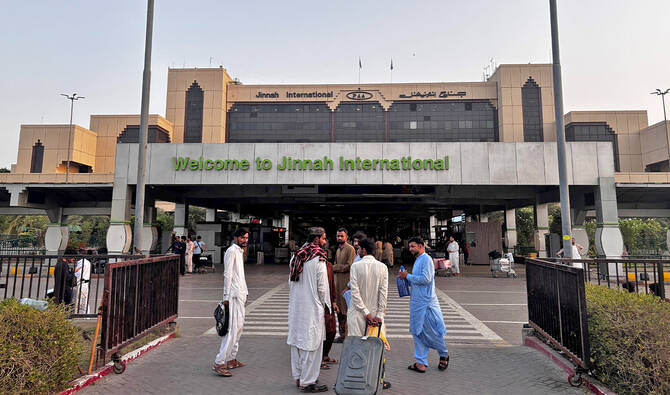Pakistan reopened its airspace to all commercial and military flights on Saturday, following a ceasefire agreement with India. The move comes after several days of intense cross-border hostilities, triggered by Pakistan’s missile and drone attacks on Indian infrastructure. These attacks were in retaliation for India’s precision strikes under Operation Sindoor, which targeted terror launchpads in Pakistan in response to the deadly Pahalgam terror attack on April 22 that claimed the lives of 26 civilians, mostly Hindus.
In an official statement, the Pakistan Airports Authority confirmed that all airports across the country had resumed normal operations from 5:00 PM IST. “Pakistan’s airspace has been completely reopened for all types of flights,” the statement read. Prior to the reopening, Pakistan had suspended flights and closed multiple airways, including those over Lahore and Karachi, due to the heightened risk of military escalation. This airspace closure disrupted international aviation, leading to widespread flight rerouting and cancellations.
The ceasefire was formally announced by Indian Foreign Secretary Vikram Misri during a press briefing in New Delhi. Misri reported that the Director General of Military Operations (DGMO) of Pakistan had contacted his Indian counterpart at 3:35 PM IST. Both sides agreed to halt all military activity—air, land, and sea—effective from 5:00 PM IST. Instructions were issued to ensure full compliance, and further talks were scheduled for May 12 at noon.
Tensions flared earlier in the week following India’s strikes on terror launchpads in Pakistan and Pakistan-occupied Kashmir. In response, Pakistan launched drone and missile attacks targeting Indian military and civilian infrastructure along the western border. India swiftly countered the offensive with a combination of drones, fighter jets, and long-range missiles.
U.S. President Donald Trump claimed credit for mediating the ceasefire, stating that his administration had facilitated dialogue between the two countries. Secretary of State Marco Rubio tweeted that further discussions would take place at a neutral venue. However, Indian government sources emphasized that no decision had been made beyond the ceasefire agreement.
Pakistan’s Deputy Prime Minister, Ishaq Dar, confirmed the ceasefire’s implementation at 4:30 PM Pakistan time. While warning that Pakistan would respond to any further Indian aggression, he also thanked the international community for its role in brokering the truce.
With the reopening of airspace and the resumption of diplomatic communication, international attention is now fixed on whether the ceasefire will hold—and whether Pakistan will maintain its commitment to peace or return to its past pattern of provocation.




